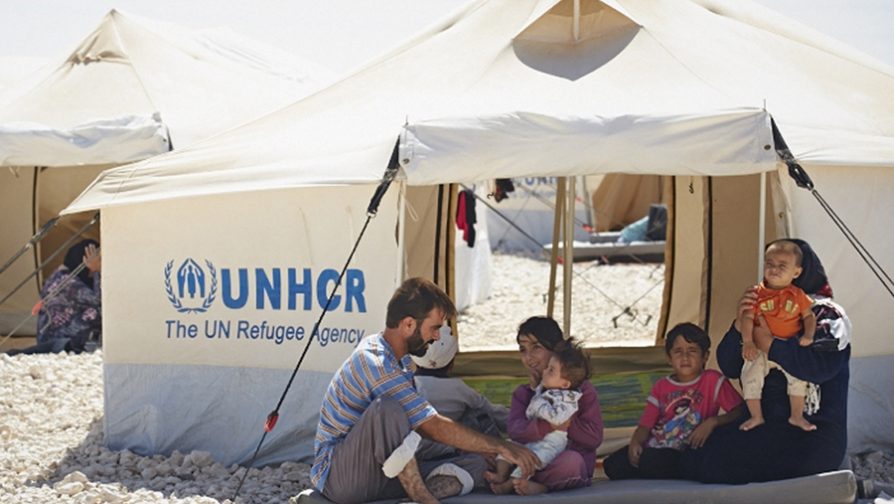
Make your corporate giving more meaningful with UNHCR Philippines
With 70.8 million people forcible displaced worldwide, UNHCR enjoins the private sector’s involvement in the areas of education, livelihoods, arrangements for burden and responsibility-sharing, and provision for durable, innovative, and creative models to provide enabling conditions for refugees to realize their economic potential and make meaningful contributions to their host communities.
UNHCR endeavours to partner with corporations, foundations, and philanthropists to address the needs of the most vulnerable forcibly displaced populations in the Philippines and around the world. With a multi-sector approach, we can work together and restore the hopes of refugees, stateless, and internally displaced people – not just so they can survive in the day to day, but so they can thrive and rebuild their lives in dignity and safety.
For partnership opportunities, please fill in this page, and our Private Sector Partnership and Philanthropy Associate will contact you shortly.
By submitting this form, you acknowledge you are aware that your personal data will be used in line with our Privacy Policy. You have the right to withdraw your consent at any time by contacting us at [email protected]
The Global Compact on Refugees
In December 2018, member states of the United Nations have forged the Global Compact on Refugees, a historic deal to forge a stronger, fairer response to large refugee movements and situations of prolonged displacement.
The Philippines is among the nations that endorsed the compact, a blueprint that calls for greater support for refugees and the countries that welcome them. It also aims to help refugees become more self-reliant so that they can contribute more to their own future and to that of their host communities.
How Donations Are Used
UNHCR’s programs are designed to provide urgent assistance, protection services, and help find lasting solutions for refugees, internally displaced persons, returnees, and stateless persons. Special focus is given to the most vulnerable, especially women, children, older people and those living with disabilities. Visit this page to learn how donations are used.


